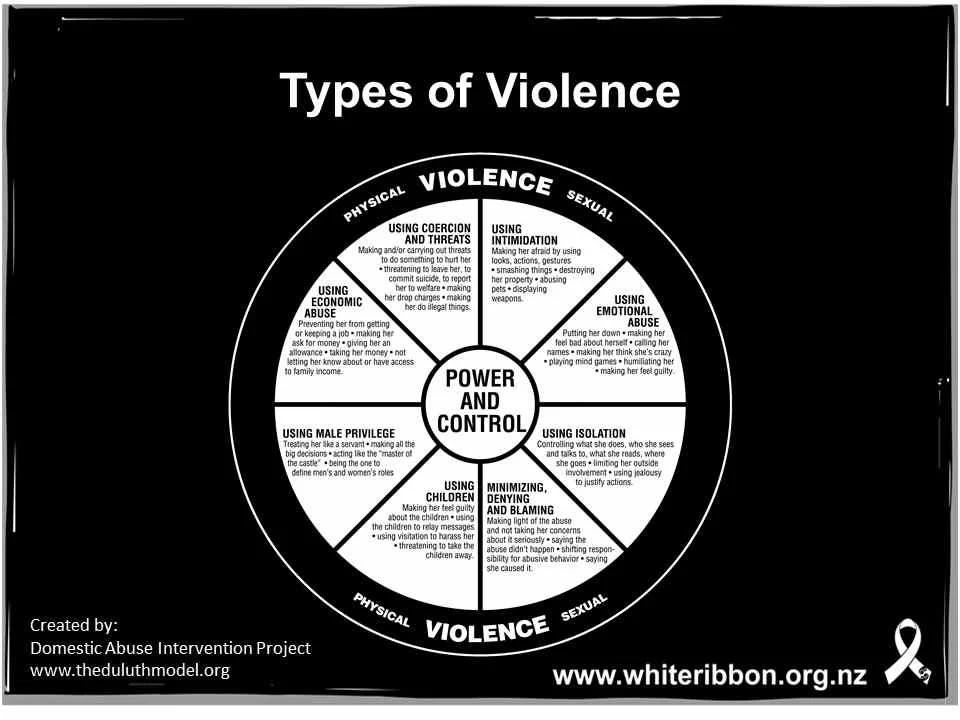Gender: Promote respectful relationships: Amy Adams, Justice Minister
(caption for the above picture: Fareeha Ali from the Shakti Management Committee sharing her research on culture, abuse and domestic violence at the White Ribbon Day commemoration in Christchurch on November 17. "Ask for help. Violence is not ok," she called on all Kiwi women sharing her own story of suffering from domestic violence.)
(correction: the above caption should read - Maria Dmello at the White Ribbon Day commemoration in Christchurch on November 17. "Ask for help. Violence is not ok," she called on all Kiwi women, sharing her own story of suffering from domestic violence.)
Justice Minister Amy Adams has encouraged all New Zealanders to stand up, speak out and act to prevent violence against women this White Ribbon Day.
“Family violence and sexual violence is far too common in New Zealand. It’s a challenge that this Government is confronting, but we all have a role to play in tackling it. The home should be a safe place, but for many New Zealanders, it’s not. We need to speak out about the violence in homes and communities because it’s simply too important not to. The Ministerial Group on Family Violence and Sexual Violence is committed to reducing family violence by looking at ways to deal with incident responses, risk assessment tools, and victim and perpetrator interventions. We are also focussing on supporting victims of family violence, improving victims’ experience of the justice system and supporting judicial decision-making in cases involving family violence. This includes helping improve information sharing in family violence cases, increase access to safety services and to support access to protection orders," the Minister noted, informing that the country sees over 3,500 convictions every year for domestic violence.
In September, the Government announced the Safer Sooner: Strengthening family violence laws. The proposed changes came after a two year review of family violence laws by Justice Minister Amy Adams. It saw more than 50 changes to the current Domestic Violence Act.
“New Zealand’s rate of family violence is unacceptable. Police currently respond to 110,000 family violence call-outs a year. Children are present at nearly two-thirds of these incidents. There are too many Kiwi households stuck in a life of fear and despair. They need help to stop the violence and repression so they can lead healthier, happier and more fulfilling lives," the Prime Minister John Key said then. The new measures will cost around $130 million over four years.
Key changes include:
- Making the safety of victims a principal consideration in all bail decisions, and central to parenting and property orders.
- Flagging all family violence offending on criminal records to ensure Courts and Police know when they are dealing with people with histories of family violence.
- Creating new offences of non-fatal strangulation and assault on a family member, with tougher sentences than common assault. Coercion to marry will also be criminalised.
- Enforcing tougher penalties for people who commit crimes while subject to a Protection Order.
Need help:
Women in crisis can call 24 hours 7 days a week, 0800 SHAKTI or 0800 742 584
or
Email: sawc@shakti.org.nz
or
Visit shakti.org.nz
Shakti Ethnic Women's Support Group, Christchurch Inc. (South Island Region)
Phone: +64 (3) 389 2028 | Email: sewsg@shakti.org.nz



